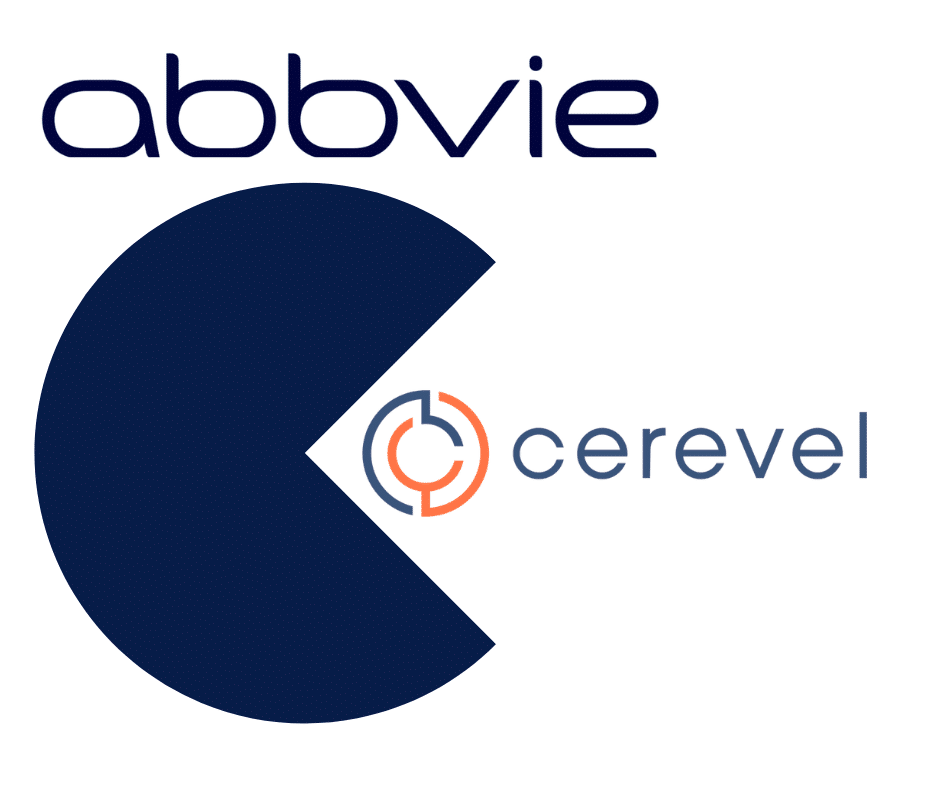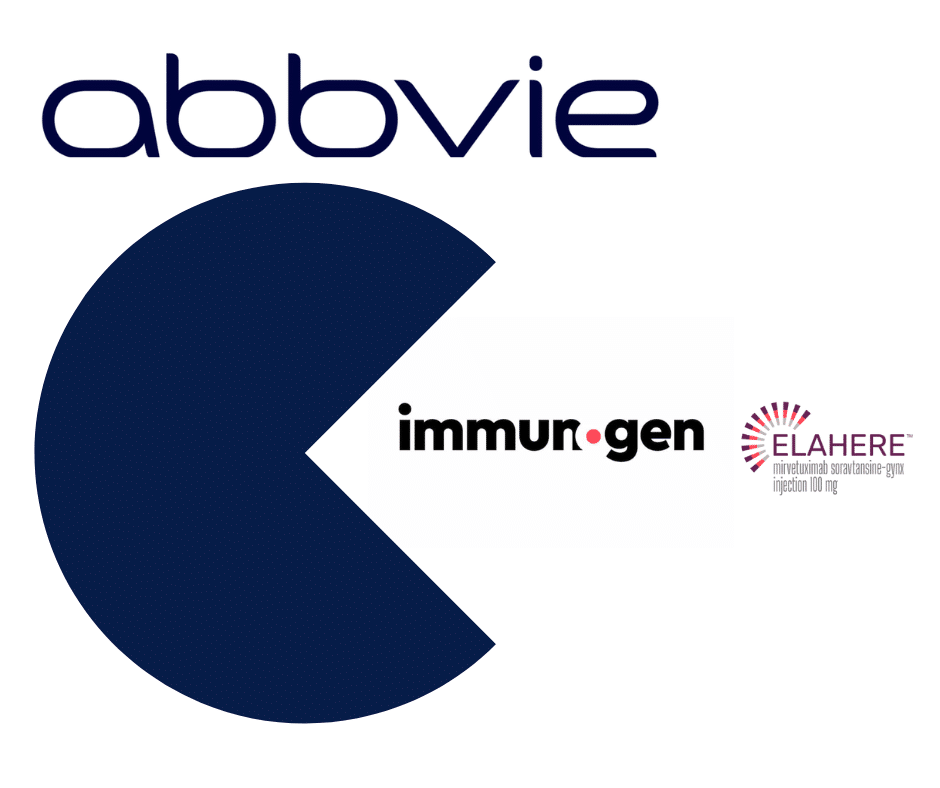Innovation is critical to the sustainability of the life sciences industry. Product planning is fraught with twists and turns. One major error can cost a company millions, if not billions, of dollars along with missed opportunities and poorly-allocated resources.
Over the past two decades, we have worked with numerous companies to help them avoid major product pitfalls. Through these experiences, I have developed a list of five questions to ask as you embark on your own product planning activities regardless of the stage of the product’s lifecycle.
1. Do you fully understand the clinical environment?

To prevent critical design issues, you must understand how the product will be used in clinical practice. For example, requiring extensive training or additional staff to provide the treatment will impede its uptake by the clinical community. To the best of your ability, design the product so it can easily fit into existing clinical practice.
2. Do you have the appropriate intellectual property (IP)?

All patents are not equal. Check with your legal counsel to be sure your IP does not allow for “easy work arounds.”
3. Will the product differentiators resonate in the minds of healthcare providers and patients?

The product may be different, but if it isn’t meaningful for healthcare providers and patients it may not matter once the product is on the market.
4. Do you have a clear understanding of the clinical data and results associated with various products’ trials?

This knowledge allows you to establish benchmarks for success through a historical view of relevant approved products. This data can also be used to inform a SWOT analysis against your competitors, and guide key message development too.
5. Last, but certainly not least, can the cost be justified?

A typical method of analyzing this is quality adjusted life years (QALY). If the cost of therapy significantly outweighs the benefit offered to the patient, it will be difficult to obtain payer acceptance. Unless the product is used in a self-pay situation, such as elective plastic surgery procedures, not having payer acceptance is a deal-breaker.
I want to know what questions you ask as a part of your product planning. Please share them and we can learn from each other.
Effective product planning requires asking questions, seeking answers, and analyzing the answers for insights. Don’t despair; you are not in this alone. We have the in-depth knowledge of the industry needed to answer your questions and provide actionable insights.
- Market Access: The Latest Hurdle for Treating Alzheimer’s and Dementia - June 14, 2023
- Rare Disease Outreach a Missed Opportunity - November 7, 2022
- So You Read Our Previous Post on Biomarkers? - August 1, 2022




